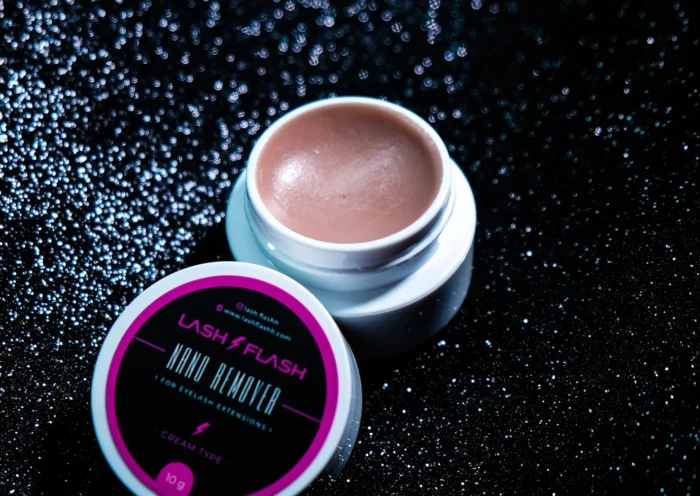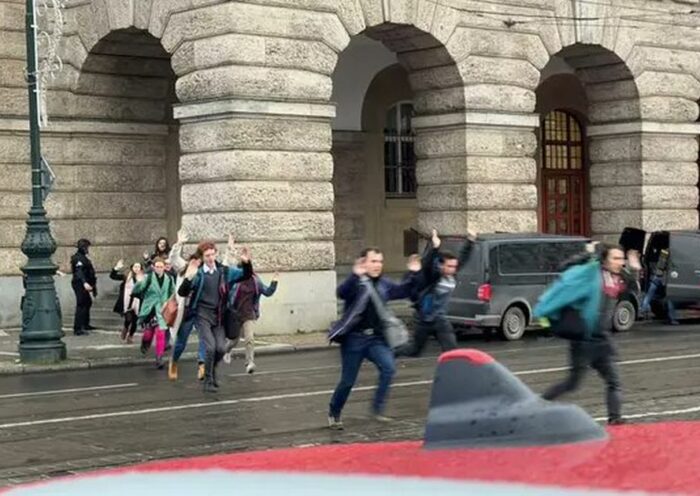Speed up lash application with Lash Flash tools In the competitive world of lash extensions, efficiency is key to success. Lash artists strive to deliver…
NSW to scrap EV subsidies in favour of more charging stations
Save articles for later
Add articles to your saved list and come back to them any time.
NSW Treasurer Daniel Mookhey will scrap a $3000 subsidy for drivers who buy a new electric vehicle but will redirect some of the savings to rolling out more charging stations in commuter car parks and apartment blocks.
In a significant shift to the state’s current electric vehicle (EV) policy, the NSW Labor government will follow Victoria’s lead and announce in Tuesday’s state budget that it will end rebates for EV purchases and stamp duty exemptions from January 1 next year, creating a saving of $527 million.
The NSW government will redirect EV subsidies into more charging stations in car parks and apartment blocks .
Instead, the government will pump $260 million into EV infrastructure for drivers in regional NSW, renters, people who live in apartments and motorists who do not have access to home charging.
Mookhey said, “the benefits of government spending shouldn’t be concentrated in the hands of the few” and the incentives risked driving up the cost of EVs, leading to increased profits to manufacturers.
In an interview ahead of Tuesday’s budget, Mookhey also gave the strongest indication to date that the government does not intend to cancel the $25 billion Metro West rail line.
The government is awaiting the findings of an independent review before making a final decision on the future of the underground line linking Parramatta to the CBD, however Mookhey said no cuts would be made in this budget.
Treasurer Daniel Mookhey said “the benefits of government spending shouldn’t be concentrated in the hands of the few”.Credit: Oscar Colman
“We are not cutting Metro West in this budget,” Mookhey said. “[But] the government has made it clear that given the scale and size of that project, any prudent government will of course, do its due diligence on it.”
Minister for Energy and Climate Change Penny Sharpe said increasing the number of EVs on the state’s roads was an essential step in NSW achieving net zero emissions.
“To facilitate EV uptake, the NSW government will increase funding to essential infrastructure,” Sharpe said.
Transitional arrangements will ensure anyone who has bought or placed a deposit on an eligible EV, and are awaiting delivery of the vehicle, will still be eligible, regardless of whether the vehicle has been delivered by January.
The NSW budget has been in the red for the past four years and another deficit of $7.1 billion has been forecast for this financial year. The state’s debt has also grown sharply since the COVID-19 crisis.
Mookhey admitted the state’s long-standing triple A credit rating, held with two international ratings agencies, was in jeopardy.
“We will be presenting a solid and strong plan to repair the state’s finances, and I will engage with the ratings agencies,” he said. “But I’m certainly not going to hide the fact that the state’s remaining triple A credit ratings are under pressure.”
Mookhey has a two-stage financial repair strategy beginning on Tuesday, and it will be continued in next year’s budget in June 2024.
Mookhey in his office this week ahead of his first budget.Credit: James Brickwood
“We’ve got more work to do to turn around some of the problems that are causing the state financial difficulty,” he said.
The Minns government’s first budget comes amid signs of a slowdown in the NSW economy. The unemployment rate has risen sharply since reaching a historic low of 2.9 per cent in June. New figures show the state’s jobless rate climbed to 3.6 per cent last month, the highest in 15 months.
Mookhey said the Reserve Bank’s 12 interest rate increases since May last year had “absolutely hurt household spending” and put a brake on economic growth.
“We are paying close attention to what the effects of such a rapid rise over such a short period of time will be,” he said.
Mookhey also said the overall number of public servants in NSW would not be cut in this budget but the head count of very highly paid executives would be reduced by 15 per cent.
He revealed the NSW government has more senior executives than Labor expected.
“The latest available public information [before this year’s election] said that there were 3600 senior execs, or thereabouts, but it turns out it was 4000,” he said.
“The average salary of a senior executive service member is $272,000.”
Labor has already announced some savings measures including cuts to the Active and Creative Kids program, although more are expected in Tuesday’s budget.
The government will also raise $2.7 billion over four years by hiking coal royalties for the first time in 15 years, but Labor is under pressure to fund a key election promise to lift public sector wages.
Last month the government struck a generous pay deal with the state’s teachers, which includes a raise of up a $10,000 for the majority of public teachers. The Education Minister Prue Car has confirmed she has found $1.4 billion in savings to help pay for the wage rise, including returning executive teachers to the classroom.
The Morning Edition newsletter is our guide to the day’s most important and interesting stories, analysis and insights. Sign up here.
Most Viewed in Politics
From our partners
Source: Read Full Article




